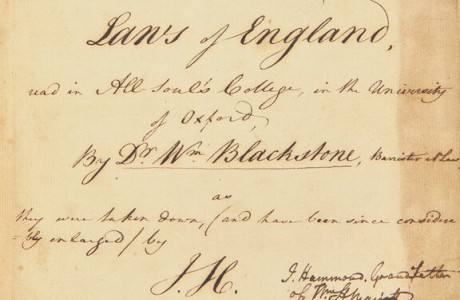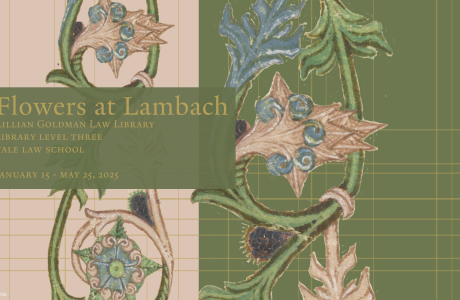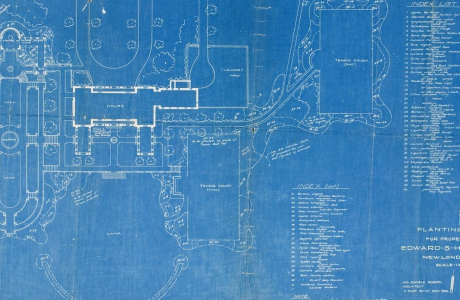Life and Law in Early Modern England - Church and state
Lancelot Andrewes, 1555-1626. A sermon preached before the kings maiestie, at Hampton Court, concerning the right and power of calling assemblies (London, 1606). Collection of the Elizabethan Club of Yale University; gift of Henrietta C. Bartlett.

When James I acceded to the throne he became Supreme Governor of the Church of England. In 1606, he asserted similar control over the Church of Scotland after a group of Presbyterian ministers claimed the authority to convene meetings of the Scottish church’s General Assembly, in defiance of the King’s wishes. James reacted by summoning eight of the dissenting Scottish ministers to Hampton Court where four ministers lectured them on the pointed question: “What the king may doe in maters ecclesiasticall, and whether or not he had wholly the power of Conveenning and discharging Assembleis?” Lancelot Andrewes, then Bishop of Chichester, and a favorite of James, defended the king’s ancient right to control the Church of Scotland in this sermon. Andrewes would later defend James’s persecution of Catholics following the Gunpowder Plot of 1605 and serve as Bishop of Ely, Bishop of Westminster, and dean of the Chapel Royal.
– Justin Zaremby
“Life and Law in Early Modern England,” an exhibition marking the Centenary of the Elizabethan Club, is curated by Justin Zaremby with Mike Widener, and is on display February-May 2011 in the Rare Book Exhibition Gallery, Level L2, Lillian Goldman Law Library Yale Law School.


